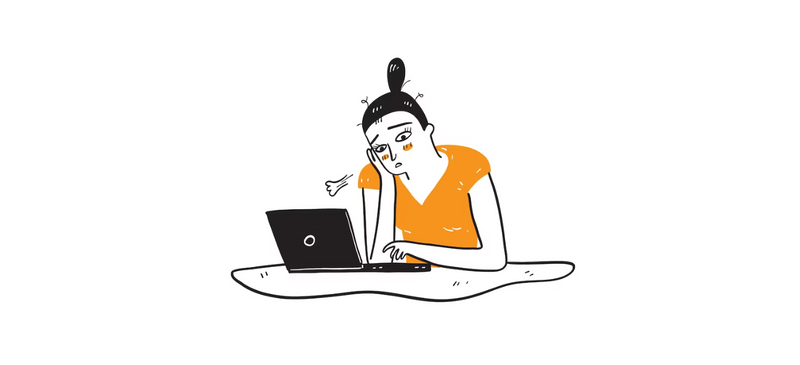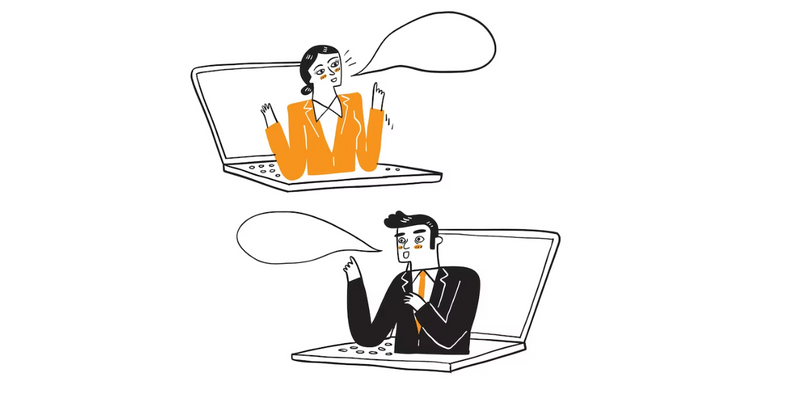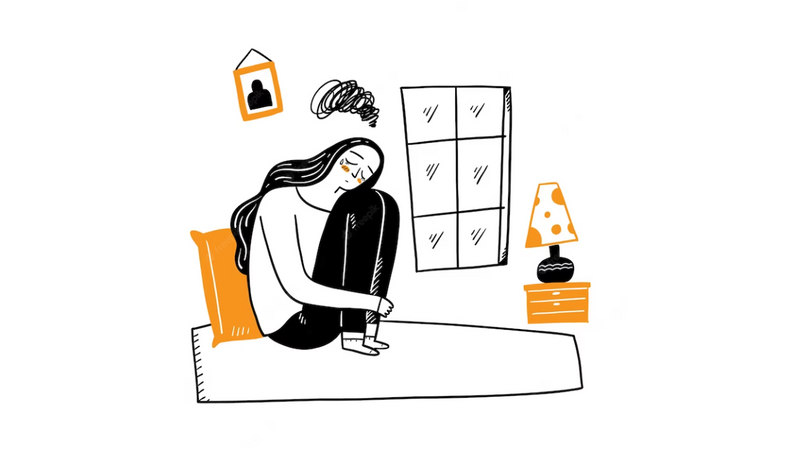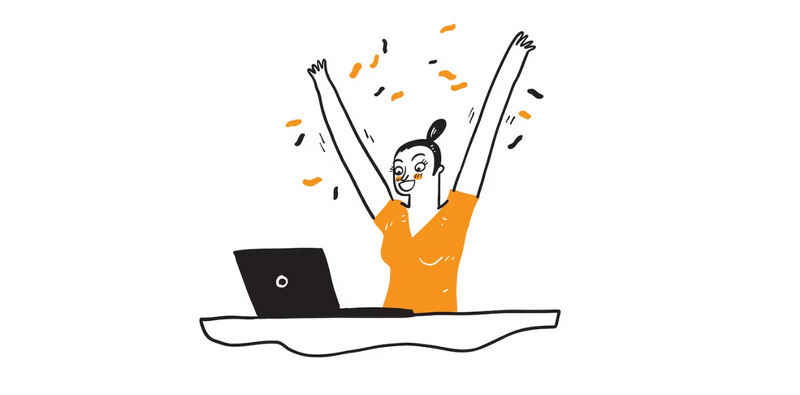
This logo isn't an ad or affiliate link. It's an organization that shares in our mission, and empowered the authors to share their insights in Byte form.
Rumie vets Bytes for compliance with our
Standards.
The organization is responsible for the completeness and reliability of the content.
Learn more
about how Rumie works with partners.
After leaving a bad job that left you feeling down and hopeless, you start applying for new jobs. You get an interview for a job that is your dream for a fresh career start.
During the interview, one of the questions asked is:
"Tell me about the worst job you ever had and why?"
You immediately get flashbacks of all the unpleasant memories from your last job...
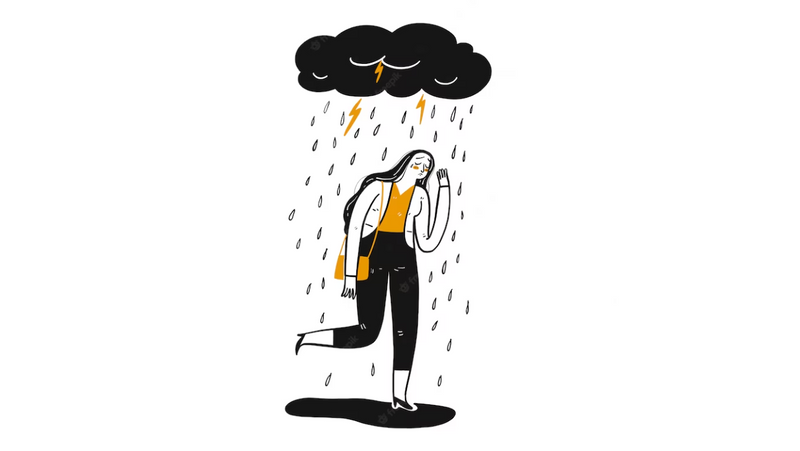
Why would an interviewer ask this question?
The interviewer wants to evaluate whether you can:
Choose one bad job experience from the distant past.
Recognize the issue you experienced honestly.
Express the action that you took while staying professional in the way that you talk about the issue you experienced.
Share the results of what you learned fromthe bad experience.
Even if your recent last job is a great example of the worst job ever, it's best to use an experience from the distant past because you're less likely to get emotional by revisiting painful memories. 🙁
How to answer: example #1

In sharing about your worst job ever at a fast food restaurant, you can say:
My worst job ever was when I worked for a fast food restaurant [choose one bad job experience].
They did not provide employee training to learn safety guidelines to protect myself while cleaning with toxic chemicals [recognize the issue].
I decided to request safety training via email to my supervisor [express the action you took].No trainings were scheduled, so I decided to search for another job [share the results].
I learned that I can voice my employee rights, remain respectful, and make the necessary changes for myself [show your growth mindset].
How to answer: example #2

In sharing about your worst job ever at an office, you can say:
My worst job ever was when I worked for a non-profit organization [choose one bad job experience]. The job description was very vague, so I had difficulties knowing what I was responsible for at work [recognize the issue].
I scheduled a meeting with my manager to discuss the issue [express the action you took].My manager responded well and helped me create an official list of job tasks that were clear for me to follow [share the results].
My work stress went away and I learned that it's okay to ask for help [share your growth mindset].
Did you know?
You can write and practice your response to the question in front of a mirror or with another person, and use the feedback to make adjustments as you practice. 😁
How NOT to answer

The following response is not the best response:
My worst jobs ever were when I worked at a tutoring center and as a campus counselor [chooses more than one bad job experience].
All the managers were idiots and never helped me learn my job duties [recognizes the issue disrespectfully]. I decided to yell at my manager so that something could be done right away [expresses the action you took as unprofessional].
I got fired because people said "I wasn't doing my job" and my manager wanted to get back at me [share the negative result]. I'm never working in Education again! Academia fires all of their hard workers [doesn't show your growth mindset].
Quiz
Jeff responds to the question "Tell me about the worst job you ever had" and decides to share about a recent bad job experience that they had while working with their ex-partner. Jeff starts to cry during the interview. What went wrong?
The work experience that Jeff chose was too recent, has negative emotions, and may be too personal. While there's nothing wrong with showing emotion, this job experience may be too difficult to talk about and may put Jeff at risk of not getting the job. During job interviews, it's best to choose a bad work experience ahead of time that's in the distant past so that your emotions don't get in the way of the interview.
Do you have interview anxiety?
You're not alone, as it's common and ok to have interview anxiety. Here are some tips to help you manage your anxiety:
Prepare for your interview ahead of time by practicing your answers.
Stay positive and remind yourself that you can do this.
Practice healthy habits, such as self-compassion.
Use relaxation techniques. Try taking slow, deep breaths before answering any question.
This Byte has been authored by
Melissa Carrillo
Instructional Designer & Accessibility Specialist
Master of Science (MSc)
